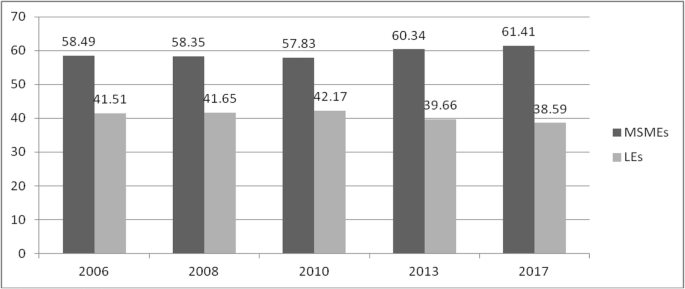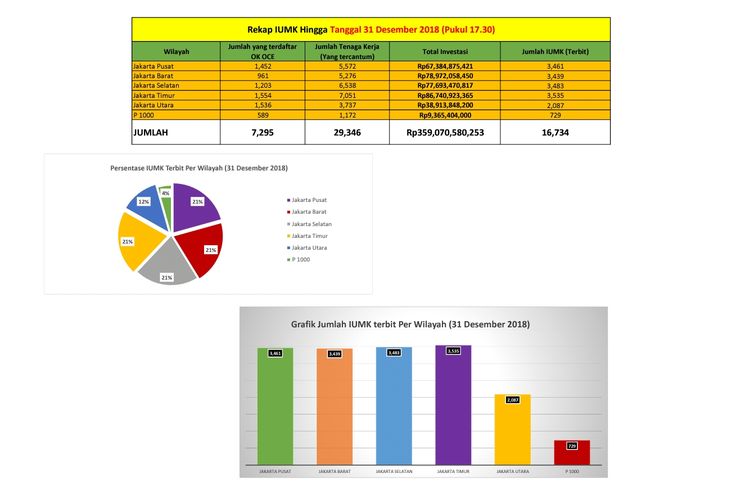
Factors influencing the extent of deployment of electronic commerce for small-and medium sized enterprises. Electronic Commerce Studies, 2(1), 19-34.Ĭhong, S., & Pervan, G. Adoption of electronic commerce by SMEs of Taiwan. Analisis Hasil Listing Sensus Ekonomi 2016 - Analisis Ketenagakerjaan Usaha Mikro Kecil. Making the connection: the effectiveness of Internet training in small businesses. Jakarta: Kerjasama LPPI dengan Bank Indonesia.īlackburn, R., & Athayde, R.

Profil bisnis Usaha Mikro, Kecil dan Menengah (UMKM). Journal of European Industrial Training, 25(7),316-326. SMEs and electronic commerce: a departure from the traditional prioritisation of training?. Bundling and competition on the internet. Paper presented at the Australian and New Zealand Marketing Academy Conference, 30 November-2 December 2009, Melbourne, Victoria.īakos, Y., & Brynjolfsson, E.

Adoption of e-commerce by the SMEs in Bangladesh: the effects of innovation characteristics and perceived risk. In Proceedings of Asian Business Research Conference, 11-12 April, Dhaka.Īzam, M. Adoption of b2b e-commerce by the SMEs in Bangladesh: an empirical analysis. Paper presented at the 10th Australasian Conference on Information Systems, 1-3 December, Wellington.Īzam, M. Factors affecting the adoption of e-commerce technologies by small business in Australia – an empirical study. Information Technology for Development, 21(4), 555-572. An Empirical Study of Factors Affecting e-Commerce Adoption among Small- and Medium-Sized Enterprises in a Developing Country: Evidence from Malaysia. Thus, the findings of this study may add new empirical evidence to the literature on the utilization of ICT by MSMEs in developing countries.Īhmad, S. This is the first macro-level studyĮver conducted in Indonesia on the use of the internet by MSEs across sectors based on national data from the 2016 Economic Census conducted and data on the 2016 survey on MSEs in the manufacturing industry (MSIs). But, only a small fraction of these enterprises in Indonesia that utilize the internet for business, and the intensity of internet usage varies by province and type of business.


It shows that MSMEs, dominated by micro and small enterprises (MSEs), has been the leading player in Indonesian domestic economic activities as they accounted for more than 90 percent of all firms and contributed to more than 50 percent of gross domestic product (GDP). It also reviews key literature on the use of ICT by micro, small, and medium enterprises (MSMEs) in developing countries. By nature, this is a descriptive study, which analyses secondary data. This study aims to examine the development of Indonesian micro and small enterprises in the manufacturing industry (called micro and small industries/MSIs) in utilizing the internet for their businesses.


 0 kommentar(er)
0 kommentar(er)
